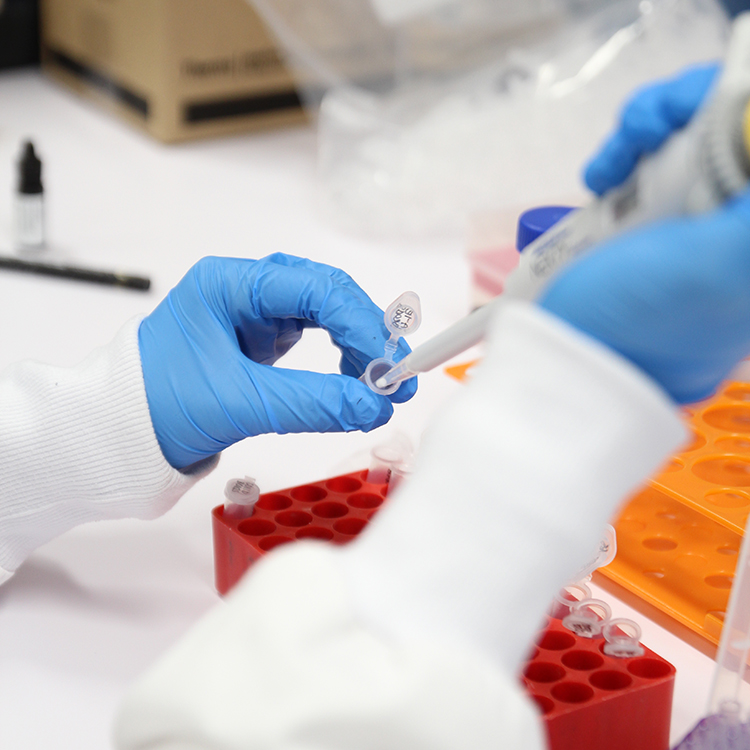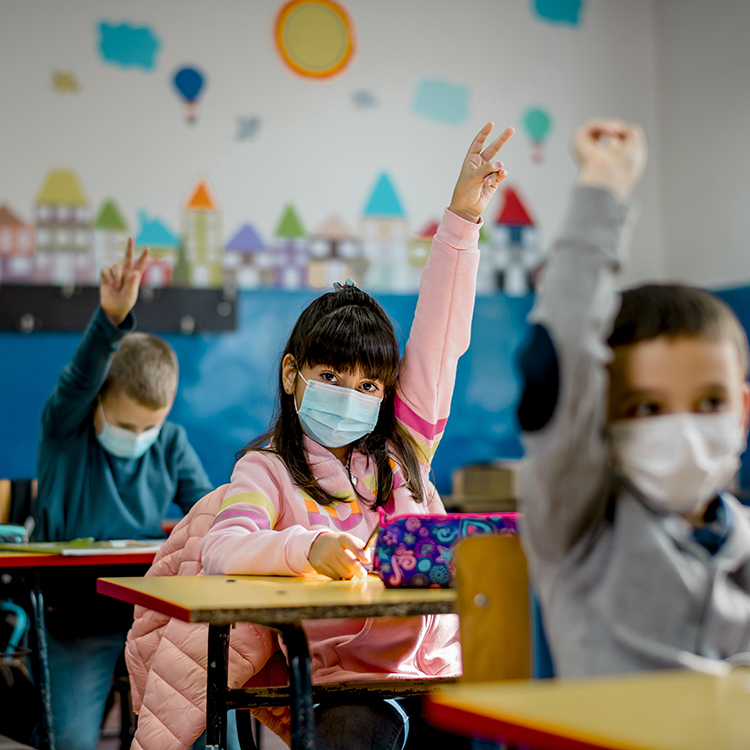Search
Research
The relationship between administratively recorded ethnicity and outcomes for people admitted to Australian intensive care units with COVID-19The relationship between ethnicity and mortality of patients critically ill with COVID-19 in Australia has not been described. Defining those communities at the highest risk of severe COVID-19 may assist with formulating effective public health policy and may improve the equitable delivery of health care in Australia.
Research
COVID-19 Vaccine Uptake, Sources of Information and Side Effects Reported by Pregnant Women in Western Australia: Cross-Sectional Cohort SurveyPregnant women are a priority group for COVID-19 vaccination due to their vulnerability as a high-risk cohort. However, the currentCOVID-19 vaccine uptake rate for COVID-19 vaccination among pregnant women in Western Australia remains largely unknown.


Thanks to 30 years of support from the WA community, The Kids Research Institute Australia is home to some of the world’s best researchers.

With the number of COVID-19 infections in Western Australia continuing to grow – including confirmed cases in children – The Kids Research Institute Australia understands that our community is growing increasingly worried.

The Kids Research Institute Australia answers all of your questions about vaccines and children
Research
Understanding motivation and experience in participating in a paediatric SARS-CoV-2 serosurvey, in AustraliaSerosurveys are considered as a valuable tool in estimating population immunity and infection rates but recruitment of children to provide paediatric estimates can be challenging. A novel approach of sampling children undergoing anaesthesia was utilised for a SARS-CoV-2 serosurvey in Australian children and we explore the reasons for participation, feedback on the approach and importance of research into Coronavirus Diseases 2019 (COVID-19).
Research
A modelling approach to estimate the transmissibility of SARS-CoV 2 during periods of high, low, and zero case incidenceAgainst a backdrop ofwidespread global transmission, a number of countries have successfully brought large outbreaks of COVID-19 under control and maintained near-elimination status. A key element of epidemic response is the tracking of disease transmissibility in near real-time. During major out-breaks, the effective reproduction number can be estimated froma time-series of case, hospitalisation or death counts. In low or zero incidence settings, knowing the potential for the virus to spread is a response priority.
Research
Defining the pediatric response to SARS-CoV-2 variantsThe global population has been severely affected by the coronavirus disease 2019 (COVID-19) pandemic, however, with older age identified as a risk factor, children have been underprioritized. This article discusses the factors contributing to the less severe response observed in children following infection with severe acute respiratory syndrome coronavirus 2 (SARS-CoV-2), including, differing viral entry receptor expression and immune responses.
Research
The influence of the COVID pandemic on the management of URTI in childrenBritta Regli-von Ungern-Sternberg AM FAHMS MD, PhD, DEAA, FANZA Chair of Paediatric anaesthesia, University of Western Australia; Consultant
